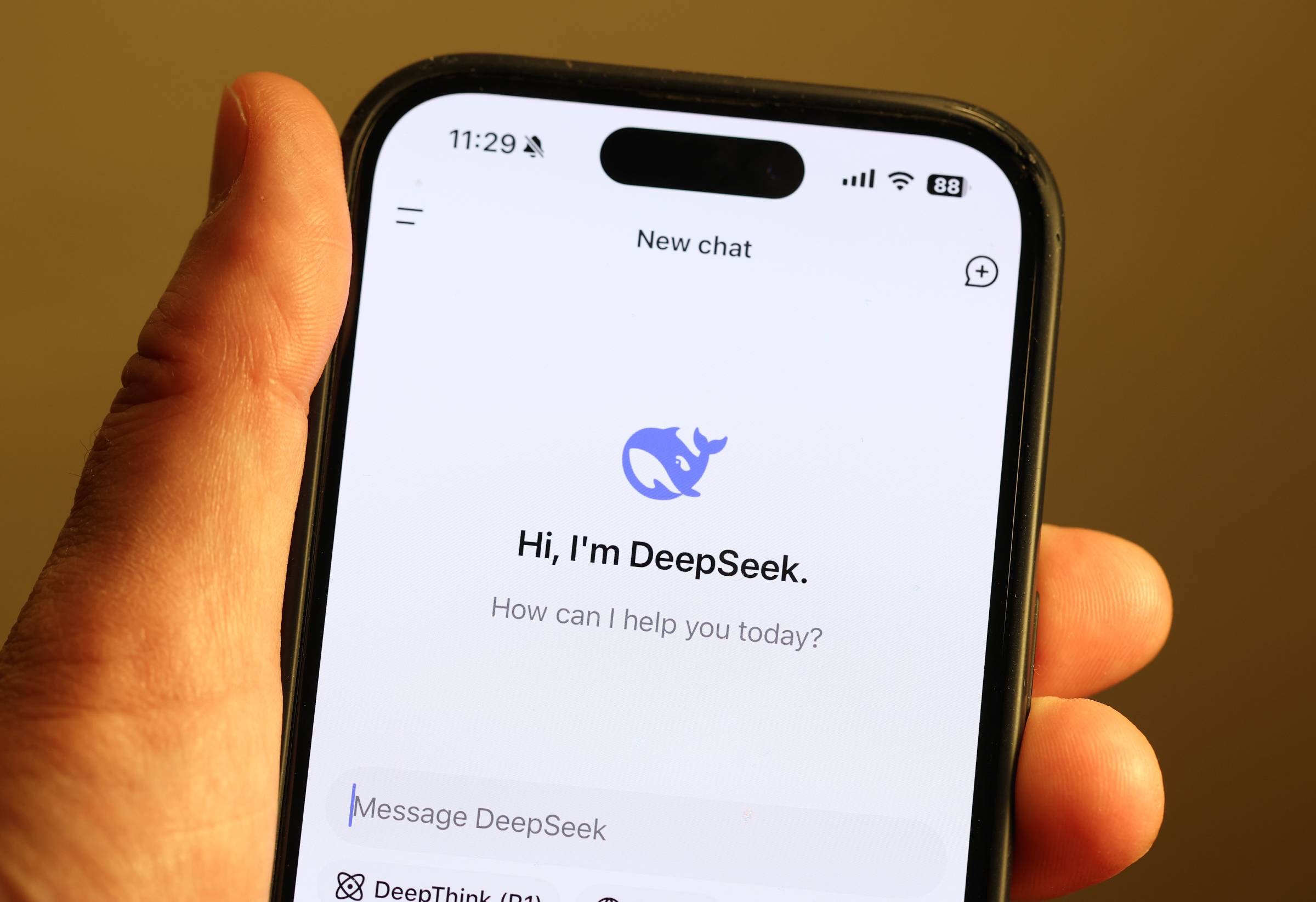
As the landscape of education continuously evolves with the introduction of new technologies, the conversation around artificial intelligence (AI) and its role in educational settings has become increasingly polarized. At the heart of this debate are two contrasting perspectives from within the academic community.
Dr. Maggie Herb, a seasoned professor in the English department, firmly believes in keeping AI out of the classroom. Her stance stems from her belief that the essence of writing and storytelling—a core component of her curriculum—is inherently human and cannot be replicated by algorithms.
Dr. Herb’s journey into the AI debate began last year when the topic surfaced within her scholarly circle. Despite the growing concern over AI’s capabilities, especially in generating written material, she chose a measured approach. “I think my initial reaction was let’s take a step back and think about this a little bit more, and not just sort of jump to that crazy conclusion,” she recounted.
The concerns she shares with her peers focus on the fear that AI could easily generate literary material, potentially undermining the unique contributions of human writers. Dr. Herb argues, however, that writing transcends the capabilities of AI, anchoring her teachings on students’ personal insights and expressions, which she believes cannot be duplicated by machines like ChatGPT, an online AI generator known for offering writing prompts and producing detailed responses.
On the flip side of the debate is Dr. Jie Zhang, a sociology professor who embraces AI as an enriching tool for both educators and students. Unlike Dr. Herb, Dr. Zhang encourages the use of AI in crafting term papers. He acknowledges the concerns of academic dishonesty but offers a unique approach where students must disclose the use of AI by indicating it on the title page and ensuring the AI’s output is used as a prompt rather than directly copied.
Dr. Zhang argues that the integration of AI in academic work should not be synonymous with plagiarism or cheating—a stance that diverges from Buffalo State’s academic misconduct policy which classifies AI use under cheating and plagiarism. He is a firm believer in leveraging new technology to enhance the learning experience, stating, “I told my students, it’s not plagiarism and I encourage them to do it.”
The contrasting views between Dr. Herb and Dr. Zhang reflect a broader debate on the future of education in an AI-driven world. Dr. Zhang optimistically views AI as a tool that, if properly managed, will not overshadow the value of college education nor the role of professors.
“College education is always needed, and AI cannot replace it,” Dr. Zhang asserts. He envisions a future where AI is harnessed to empower educators and students alike, encouraging a proactive approach to mastering AI technologies rather than being overshadowed by them. “We should empower AI, instead of AI empowering us. We should take advantage of AI, and be the masters of AI, instead of AI mastering us,” he concludes, signaling a hopeful path forward in reconciling the intersection of artificial intelligence and educational enrichment.
Source






/cdn.vox-cdn.com/uploads/chorus_asset/file/25626313/247263_iphone_16_pro_AKrales_1062.jpg)